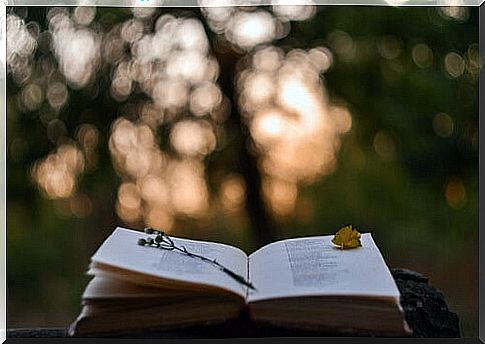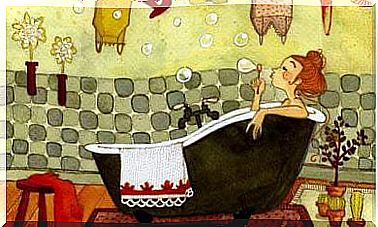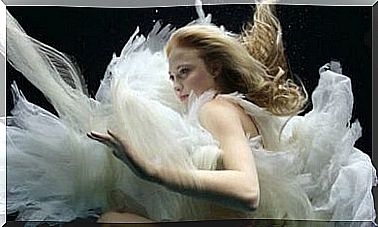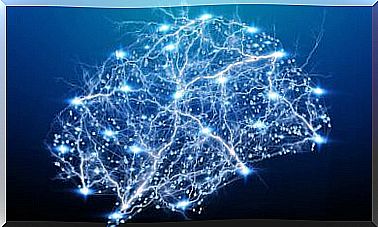Poetry And The Brain, How Are They Related?

Poetry is the oldest record in literature. Although it is impossible to accurately date its beginning in oral tradition, we would be wrong to say that it has always accompanied humanity. This gives us an idea of the impact that poetic language can have on our emotional and cognitive state. In turn, this thread raises many questions about the relationship between poetry and the brain.
Some recent brain imaging studies are beginning to give us many clues about neural correlates and brain mechanisms involved in the act of reading or listening to poetry.
Unlike other types of readings that are more associated with various structures on the left side of the brain, poetry strongly activates areas related to introspection. The emotional response to literature in general shares activation zones with music; however, more areas of the right hemisphere seem to be related to poetry.
Chills produced by poetry
In recent years, several laboratory investigations have been carried out with the intention of revealing how poetry and the brain are related. Dr. Eugen Wassiliwizky’s team collected neuroimaging data, psychophysiological and behavioral responses in people reading or listening to poetry.
Within the psychophysiological responses they focused on the electro-dermal and cardiovascular reactions of the autonomic nervous system. They found that poetry is capable of triggering very intense affective responses and emotional experiences . It is a powerful emotional stimulus capable of activating primary reward areas of the brain. Specifically, they measured piloerection, the goose bumps resulting from chills caused by poetry.
Although this type of sensation has also been proven as a result of, for example, music , the chills produced by poetry activate different areas of the brain than those activated by music. In addition, an anticipatory effect was found in the brain, even if they were poems read or heard for the first time, due to the cadence effect and the brain’s recognition of the metric pattern of the poem.

The brain is wired for poetry
Bangor University in the UK led another research project on the effect of poetry on the human brain. His studies reaffirm the idea that the brain has anticipatory resources for the recognition of rhymes and rhythms typical of poetry.
It seems that they discovered that the musical quality of poetry is captured by our brain in a totally unconscious way. That is , the harmonic properties of poetry seem to stimulate unconscious parts of the mind, which also suggests a close relationship with human intuition.
To such an extent that the participants reacted more and better to the poetry elaborated with certain metric rhythms. They even got a picture of a burst of electrical activity in the brains of individuals. This electrical burst occurred just a fraction of a second after hearing the last word of one of the lines of the poem.
Poetry from a psychological perspective
Poetry is a language game that manages to group words in surprising ways, as a chef combines ingredients that seemed impossible to combine and that give extraordinary results.
There is a pattern in poetry that seems to restore our desire for order. Poetry is based on construction rules. A rhythm is set that is then broken to return to it again. The game of the meanings of the words, which sometimes keep several in one is something extremely stimulating on an intellectual level. We can read a poem a thousand times, finding new places with meaning.

Poetry and brain, a whole world to develop
The studies that are being carried out on this subject are not only yielding interesting results. It seems necessary to start promoting the idea of the potential of poetry as an aesthetic pleasure.
Generally our passage through the wonderful world of poems is reduced by a rather reduced exposure during childhood and the too analytical approach of this literary genre; that which occurs in most schools.
And, although science is applying the scientific method to try to find out the relationship between poetry and the brain, the truth is that poetry is much more than what a scanner can tell us. It doesn’t just produce the goose bumps and chills seen by Wassiliwizky’s team. Poetry still holds a mystery that science has not yet managed to scrutinize : why an adequate cadence and rhythm can elevate the spirit. That is the new challenge for research.









